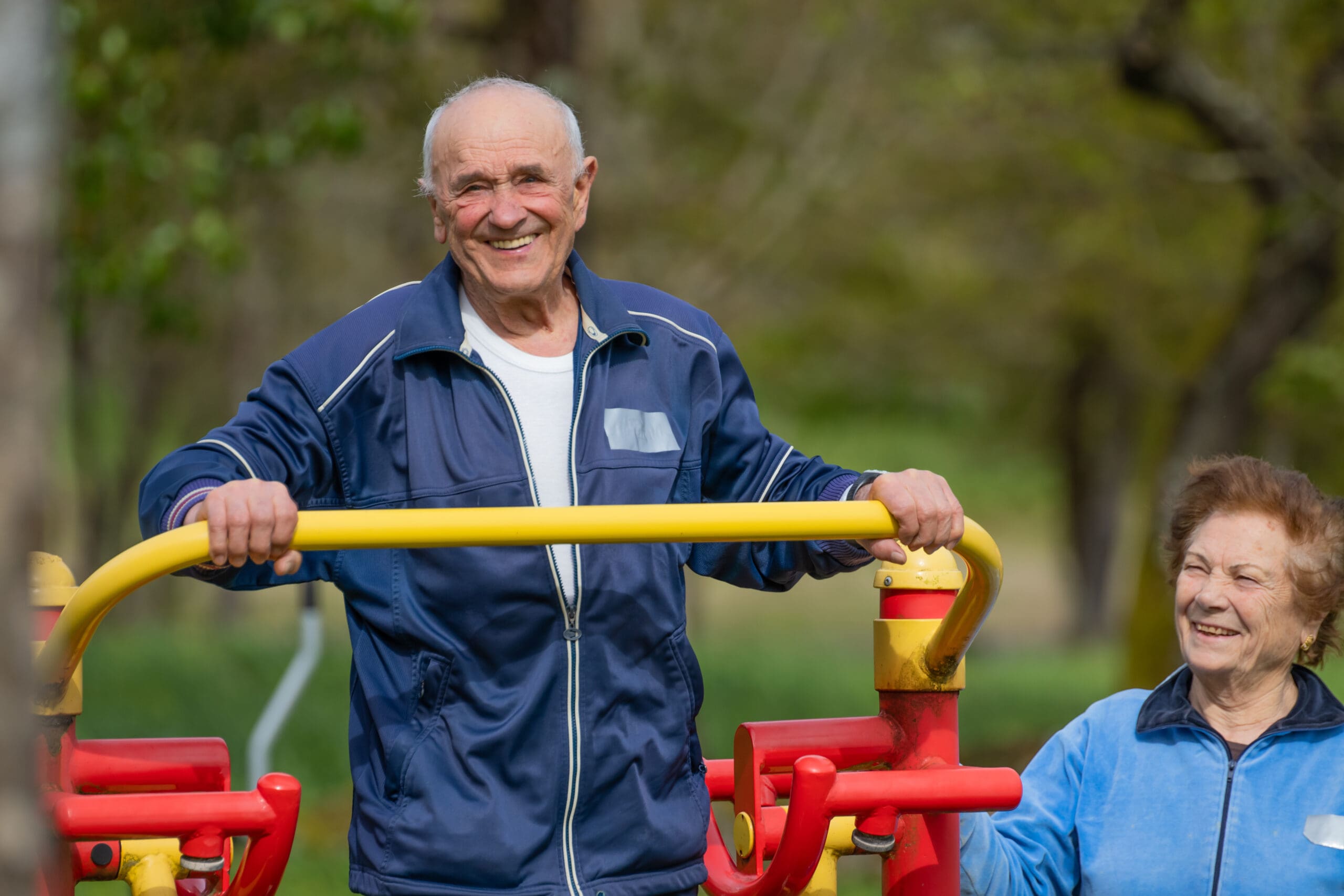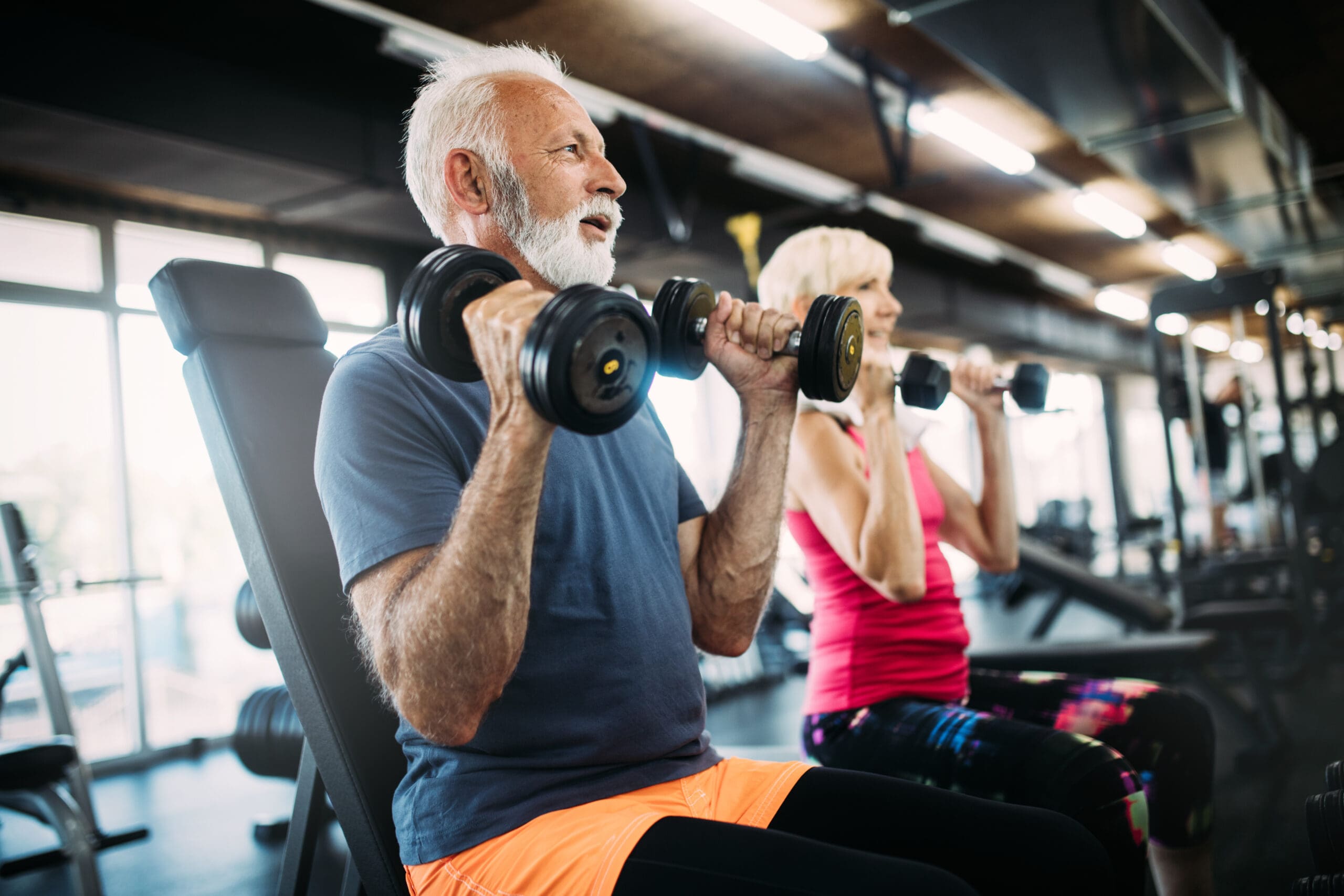Love your liver and exercise
By Jessah Robinson, Nutrition Consultant
Your liver is an extremely busy and hardworking organ, as not only is it the primary fat-burning organ, but it also filters your blood 24/7, cleanses and detoxifies pollutants and drugs from the body, and regulates blood sugar levels, just to name a few. If your liver becomes sluggish you may experience digestive symptoms such as bloating, burping, reflux and stomach cramps after eating. The most common cause of a sluggish liver is incorrect diet, which should come as no surprise due to the ready availability of high carbohydrate processed food, which can overload the liver and cause liver dysfunction. Apart from following a healthy diet, one of the best ways to treat a sluggish liver and support healthy liver function is to maintain a regular exercise program.
A combination of both cardiovascular and resistance exercises has the greatest impact on liver function. Cardio exercises strengthen the heart muscle and improve circulation, making it easier for your heart to get blood to the liver and for the liver to send filtered blood back through the blood stream. In addition, resistance training prevents the build-up of body fat that can lead to a sluggish liver and liver dysfunction. Good cardiovascular exercises include running, walking, cycling and swimming, and resistance training involves using weights as well as weight-bearing exercises such as push-ups, sit-ups and planks. Whether you are new to exercising or a seasoned athlete you would benefit from taking magnesium. Magnesium is required for a healthy nervous system and healthy muscles and may help to ease muscle spasms and cramps.
One of the most common causes of a sluggish liver or poorly functioning liver is an excessive intake of refined carbohydrates. High carbohydrate foods such as those that contain refined sugar and grains are “trigger foods” for many people, which means they trigger an overeating binge and a loss of control. Tyrosine is an amino acid which stimulates the neurotransmitters involved in concentration, motivation, satisfaction and a happy stable mood, and can be very beneficial for reducing cravings for addictive foods.
A systematic review and meta-analysis that was published in the British Journal of Sports Medicine concluded that exercise training reduces intrahepatic fat and FFAs (free fatty acids) while increasing cardiorespiratory fitness.
Dr Cabot’s LivaTone Shots complement an exercise regime as they contain St Mary’s Thistle which protects liver cells and supports detoxification and selenium which helps to protect the liver from damage.









Leave A Comment